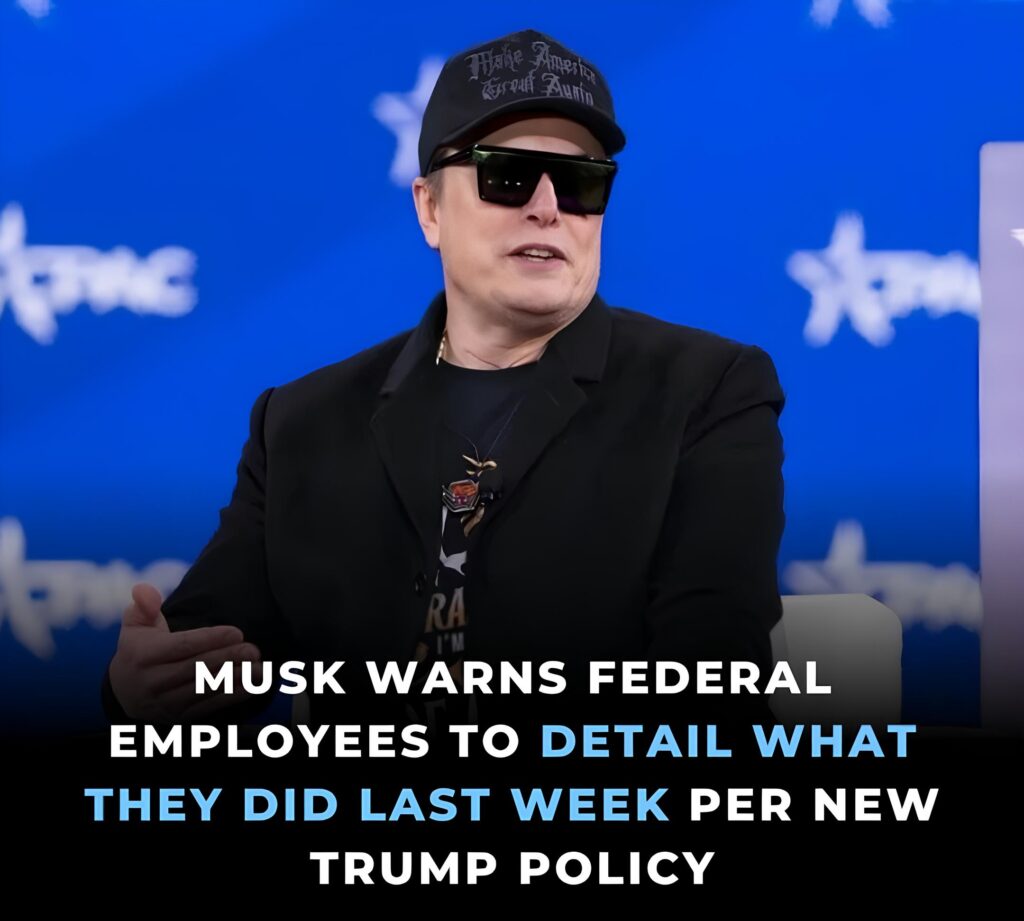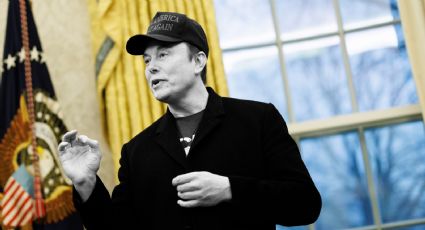
Billionaire entrepreneur Elon Musk has once again made headlines with a bold new directive aimed at federal employees. His latest announcement has sparked widespread debate, with many questioning its implications for government workers.
Elon Musk’s Latest Demand: Productivity or Resignation
In a surprising move, Elon Musk has stated that all federal employees should be required to submit productivity reports. According to Musk, government workers must provide clear evidence of their contributions—or resign from their positions.
Musk, known for his outspoken views on efficiency and work ethic, shared his stance on X (formerly Twitter), where he often criticizes government spending and bureaucracy. He believes that implementing such reports would increase accountability and eliminate inefficiencies in the federal workforce.
Why Is Musk Pushing for Productivity Reports?
Elon Musk has long been a vocal advocate for productivity and results-driven work culture. At his own companies—Tesla, SpaceX, and X—he has implemented strict performance evaluations, expecting employees to work at high efficiency levels.
His latest remarks suggest that he wants the same level of accountability in government jobs. According to Musk, many federal employees are not delivering measurable results, leading to unnecessary taxpayer spending. He believes that requiring productivity reports would solve this issue.
Public Reaction: Mixed Opinions on Musk’s Statement
Musk’s bold stance has drawn mixed reactions. Supporters argue that government employees should be held accountable, just like workers in the private sector. They see his proposal as a necessary step to prevent inefficiency and wasted taxpayer money.
However, critics believe that Musk’s perspective is too extreme. They argue that measuring productivity in government jobs is not as simple as in the private sector. Some point out that federal employees handle essential public services that cannot always be quantified through reports.
Will the Government Respond?
As of now, there has been no official response from federal agencies regarding Musk’s comments. While his ideas often stir controversy, they also influence public discussions about government efficiency and workplace productivity.
Whether or not federal employees will actually be required to submit productivity reports remains uncertain. However, Musk’s statement has once again sparked debate about accountability and efficiency in government jobs.

Conclusion
Elon Musk’s latest announcement has sent shockwaves across the federal workforce. His call for productivity reports—or resignations—has ignited discussions on government efficiency, work ethics, and the role of accountability in public service.
As the debate continues, one question remains: Will the government take action based on Musk’s suggestion, or will this remain just another headline-grabbing statement?


